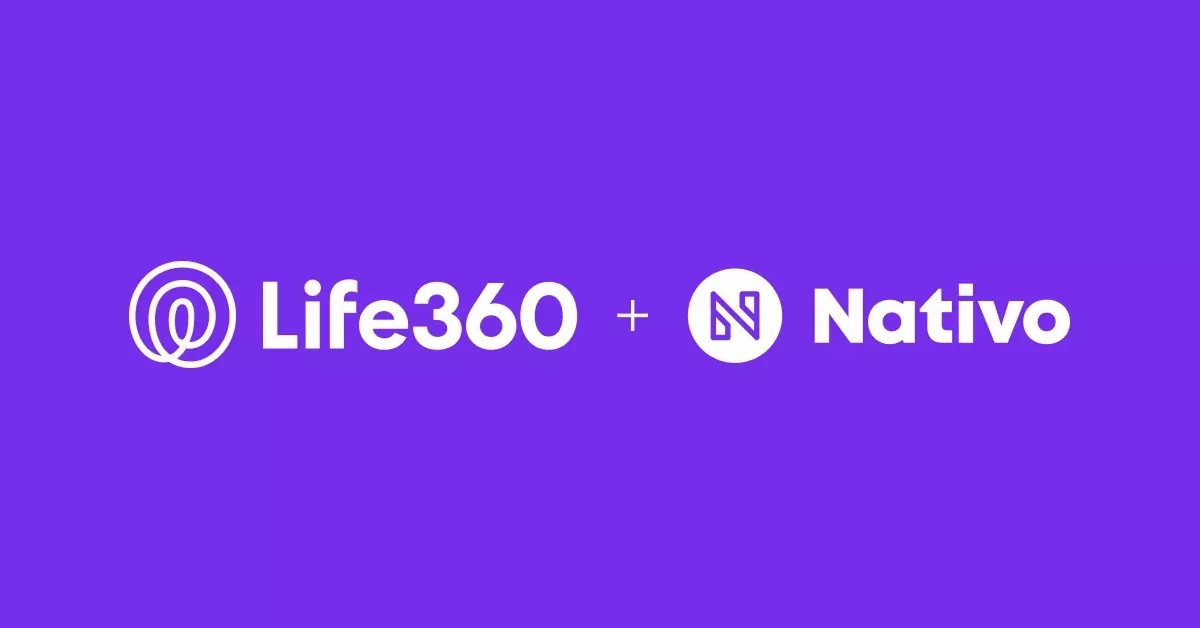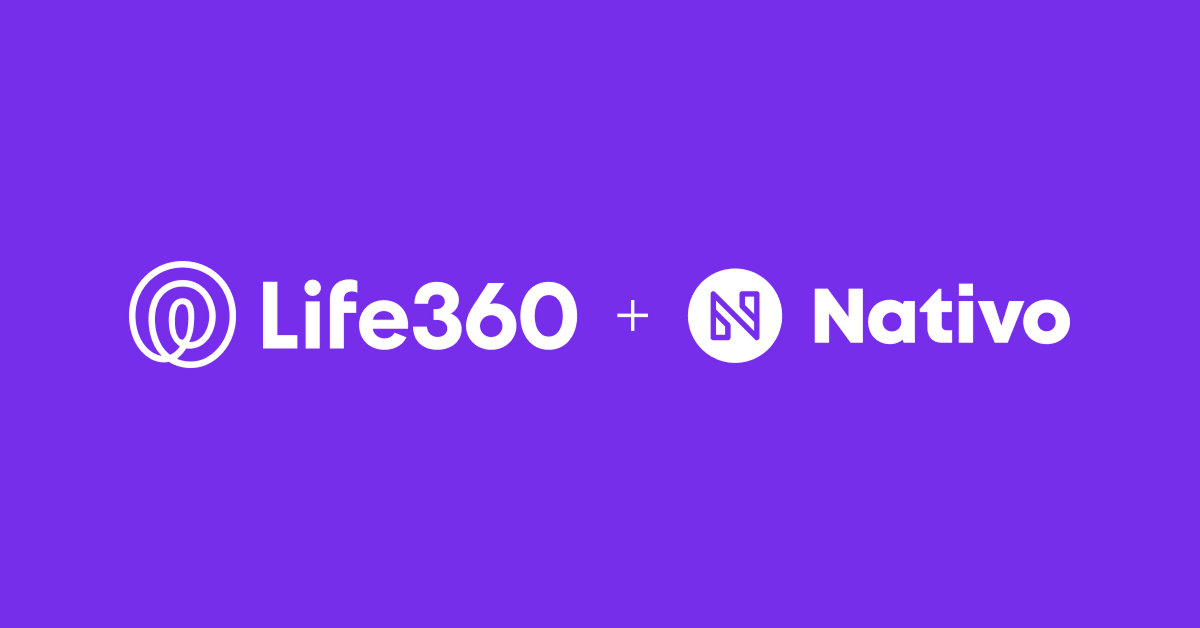Are Digital Advertising Takeovers Worth The Money?
.png)
Written by: Aliya Do, Lead Manager, Brand Strategist at Nativo Inc.
Digital advertising in today’s world is a crowded space, and it can be difficult for some brands to stand out. Sometimes it seems impossible to break through the clutter and you have to be willing to spend more money than you would like to make an impact.
As media professionals, many of us have been trained that bigger is better in terms of campaign awareness. How many times have you heard a client say “I want something big and splashy…like a takeover?” But is that really the best use of your media dollars?
Mass reach (supposedly), tons of money (a fact), all for some people to remember your name and hopefully one day become a customer? Not to mention, the amount of time spent planning this. At least that’s what I see from my perspective as an advertising professional. Yet we still see brands buying into these one day takeovers because they believe that they “have to.”
Traditional Beliefs About Digital Takeovers
There are two traditional beliefs about digital takeovers:
- They are a necessary expense for brands that want to reach a large audience
- They are the most effective way to generate brand awareness
Let’s break down these traditional beliefs further.
1. A Necessary Expense
Because takeovers are seen as a “must-buy” in your media strategy, those who are selling you these takeovers know they can charge whatever they want. From mastheads to home page takeovers / roadblocks to skins and co-branded editorial, these main types of expensive digital takeovers only last for 24 hours in most cases. Prices have only continued to go up year over year (YOY) just to have a major presence that is a blip in the advertising universe.
YouTube
Before 2019, you used to be able to purchase a YouTube Masthead (takeover) for 100% share-of-voice (SOV) on a normal day for about $400k and around $1M for a special event (ex. SuperBowl). Now for a Youtube Masthead you’re spending just as much for only a % of SOV by the hour, shared with other advertisers.
Publisher Homepages
A homepage takeover on a publisher site can cost anywhere from $400k to $450k per week and has probably increased already.
Social Media
TikTok’s top view takeover ad started at $65,000 per day in 2020, and that was only in one category. If you want to take over the entire app, it will run you about $1.4M per day according to Bloomberg.
You get the point, if you want 100% SOV, it’s going to be expensive. But does that really mean you’re guaranteed effective mass awareness?
2. The Best for Mass Awareness
For years, digital takeovers have been justified by advertisers because they are getting millions of views on their ads in a short amount of time.
TikTok claims their Top View takeover ads have a 67% effectiveness rate.
YouTube saw preliminary results of 5% absolute lift in brand awareness in a Masthead test with their new Google Brand Lift measurement tool.
And a takeover on a publisher site is using the reputation of the publisher to garner awareness of your brand.
But is any of that really beneficial in the long run? What is your true return on investment (ROI) for something that is only in the wild for a day or a week or across a publisher that doesn’t reach your target audience exactly?
Personalization: New Thinking Around Brand Awareness
Recently, the emphasis on what you should be thinking about as a brand is the quality of that awareness.
Personalization is key. With a takeover that has little audience strategy, there is nothing personal about it because you are reaching whoever is on that specific site or app only. Only on YouTube during that time, only on Forbes during that time, etc. This means thousands (if not more) of ad dollars are wasted because your advertisement was served to those who don’t resonate or need awareness of your brand.
There are a number of reasons why personalization is becoming more important:
- Effective at reaching your target audience.
- Build stronger relationships with your customers.
- Improves your ROI.
According to BCG, companies with robust personalized marketing strategies achieved improved marketing efficiency, higher digital sales, and long lasting customer relationships with a boost in growth rates between 6% to 10%.
And IBM states that 56% of consumers are expecting that all of their experiences with a brand are personalized.
And even more so, 70% of companies that use advanced personalization have already earned 200% ROI or more.
Here are a few ways to make sure your campaigns are more strategic and personalized:
- Advanced AI or data-driven personalization
- Marketing-led centralized team strategy
- Personalization across the entire customer journey
So how do we make personalized awareness campaigns a must-buy over one-day takeovers? We have to break out of the mold of traditional digital advertising and start to think about efficiency.
Breaking Out of The Mold
Let’s be real, every brand wants to save money while making money. For years we’ve seen hundreds of brands spend an astronomical amount of money for short takeovers because that is what they “have to do” to stand out.
However, what we really “have to do” is change our client's mindset by:
- Making your money worth it by allocating more advertising dollars to digital awareness campaigns that will run for longer periods of time to optimize and actually learn about your audience.
- Creating different types of personalized digital media (videos, editorial, social, interactive content, etc.) to distribute because not everyone in your audience will connect to the same type of content.
- Testing and demonstrating the effectiveness of more strategic and personalized campaigns through various partners and comparing the results.
So, Are Digital Takeovers Dead?
No, digital takeovers are not dead. They can still be a valuable (expensive) tool for brands, but they're not the only option. In fact, many would argue that personalization is the future of digital marketing.
If you're looking for a way to reach your target audience and build stronger relationships with your customers, then you should focus on personalization. This doesn't mean that you should never use digital takeovers, but it does mean that you shouldn't rely on them exclusively.
The idea that seeing a brand over a longer period of time among a qualified audience will have a bigger impact versus one day of exposure to a large random audience is what digital marketers need to understand to push their brands forward.
TLDR:
Digital media takeovers can be a valuable tool for brands, but they are not the only option, nor should they be the first. By focusing on personalization, brands can create more effective and efficient marketing campaigns that will reach their target audience and achieve their goals.
See what's possible with Nativo. Fill out the form below to schedule a free demo with one of our dedicated experts.


.jpg)

